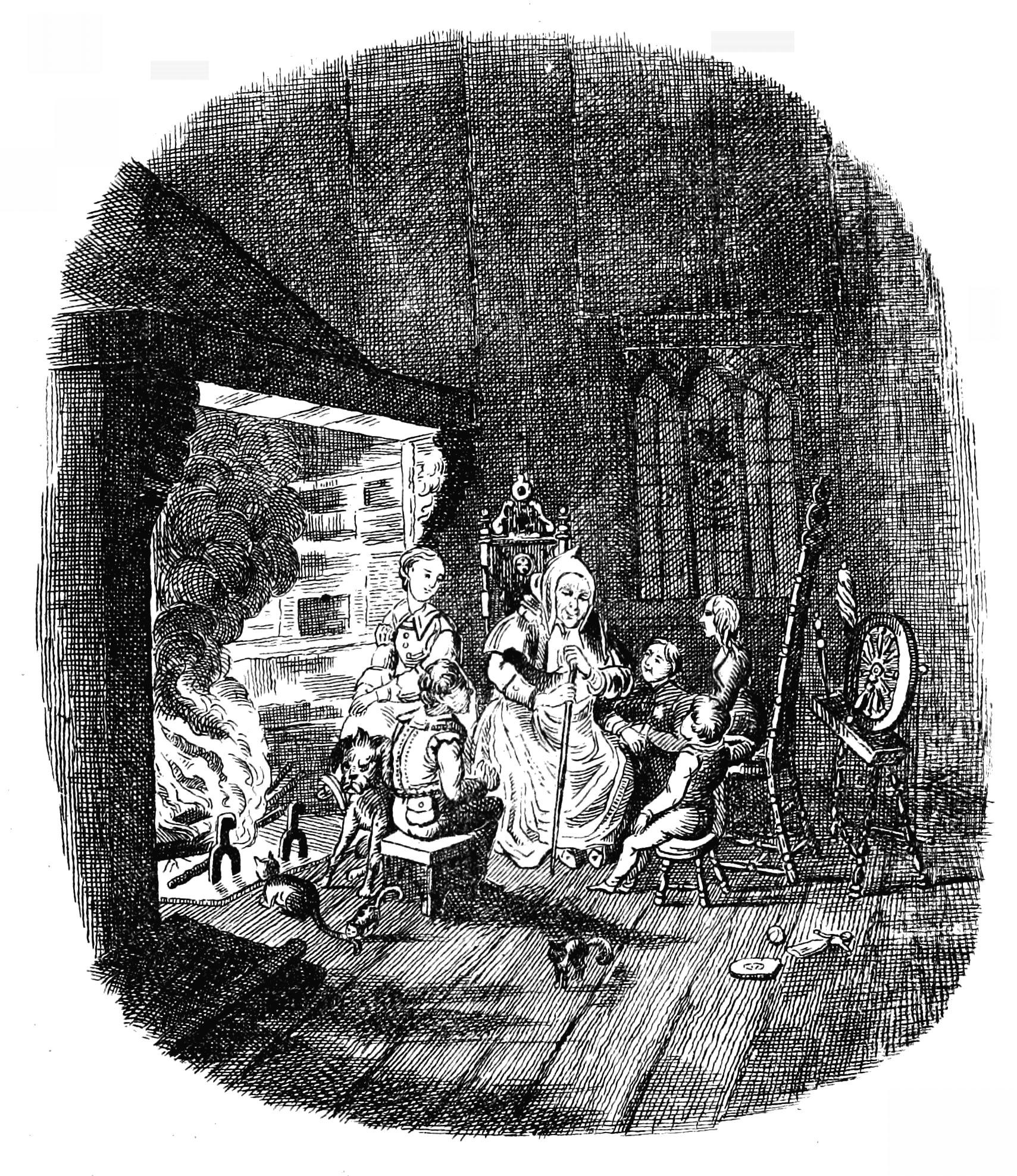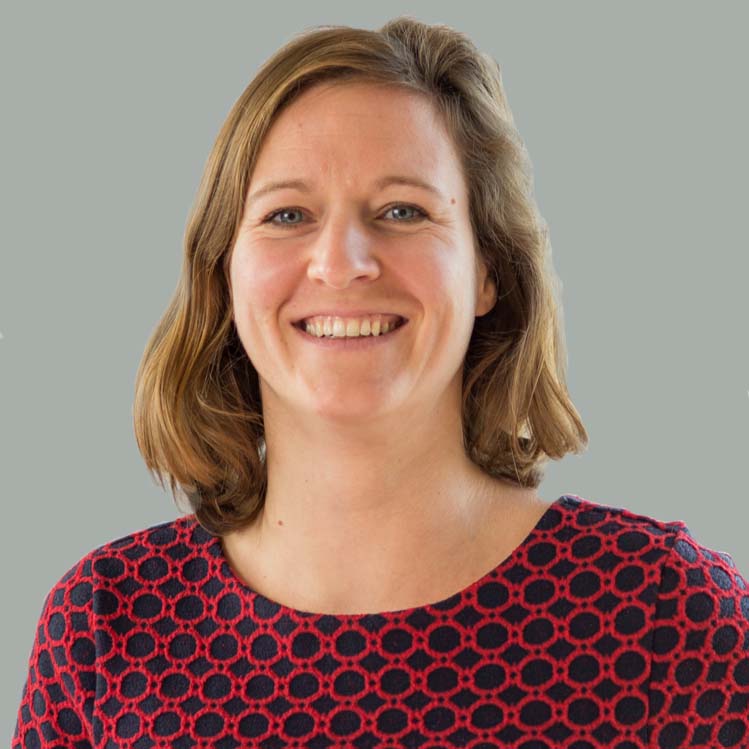
This month, I started as dissemination manager at New Brain Nutrition. This means that I will make sure that the information generated in this research project is spread out to society. Together with the dissemination and communication team of New Brain Nutrition, I strive to inform and educate as many people as possible about how nutrition influences our gut, our brain and our mental health.
Now I didn’t study communication or marketing. Rather, I studied Cognitive Neuroscience and did a PhD on brain connectivity in adults with ADHD. But while doing this PhD research, I became very interested in science communication. I organised an open day, started a blog with fellow PhD students, and participated in science battles. And through these experiences I learned that for science communication the most important ingredient is a willingness to convey your story to someone else.
The art of storytelling is thought to be as old as humanity itself. People are better at remembering and comprehending stories [1] and stories attract more attention than what’s called ‘logical-scientific communication’ [2]. However, storytelling is often viewed as unfit for sharing scientific results, because a story provides a subjective interpretation of data [3]. In a good story, only the elements that contribute to the story are told, while the ones that do not match the narrative are left out. That surely is not what we want to do in science communication!
However, I do think that scientists should use the art of storytelling in their science communication to non-expert audiences. There is just too much and too complex data and information out there. If we want people to hear about our findings, and understand what they mean, we need to help them to read, comprehend and remember this information. Narratives are often the best way to do this. When telling these stories, we need to make careful decisions about the goal of our story (do you want to persuade your audience of something, or is the goal comprehension?), the level of accuracy (can you use a metaphor that is not entirely accurate, in order to accurately describe a certain process in an understandable way?) and whether or not to leave out certain facts of the story [2]. These decisions can be difficult, and we might sometimes make the wrong decisions, but overall I believe that we can all learn the art of telling good, honest stories.
At the same time, science can be much more open and transparent about the data and the findings themselves. I therefore think that open science, including open access publications and data sharing, should go hand-in-hand with storytelling in science communication. Share your story, your interpretation of the data, with the public. Take them along in your reasoning, which you have developed over the years as an expert in your field. And at the same time, share your data and your findings so that those who want to can come up with their own interpretations and conclusions.
So that’s my goal: telling you the stories of our research. As accurately as possible, without hiding information or twisting plots, but in an interesting, engaging and comprehensible way. And I hope that this will be a dialogue rather than a monologue. Tell us what you think, what your questions are, what you find difficult to believe, what you want to know more about. Then together we can build the story of New Brain Nutrition.
This blogpost was inspired by a recent article in The Guardian: https://www.theguardian.com/commentisfree/2018/jul/20/our-job-as-scientists-is-to-find-the-truth-but-we-must-also-be-storytellers
References:
[1] Schank, Roger C. & Abelson, Robert P. (1995) Knowledge and Memory: The Real Story. In: Robert S. Wyer, Jr (ed) Knowledge and Memory: The Real Story. Hillsdale, NJ. Lawrence Erlbaum Associates. 1-85. http://cogprints.org/636/1/KnowledgeMemory_SchankAbelson_d.html
[2] Dahlstrom, Michael F. (2014) Using narratives and storytelling to communicate science with nonexpert audiences. PNAS, 201320645. https://doi.org/10.1073/pnas.1320645111
[3] Katz, Yarden (2013) Against storytelling of scientific results. Nature methods, 10 (11). https://doi.org/10.1038/nmeth.2699
